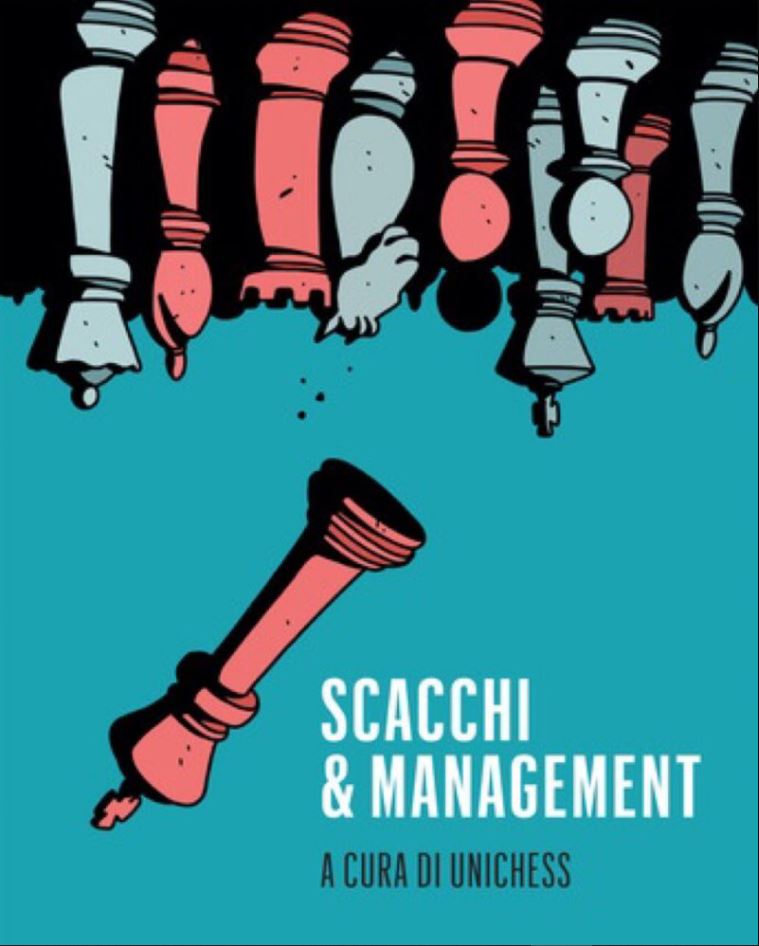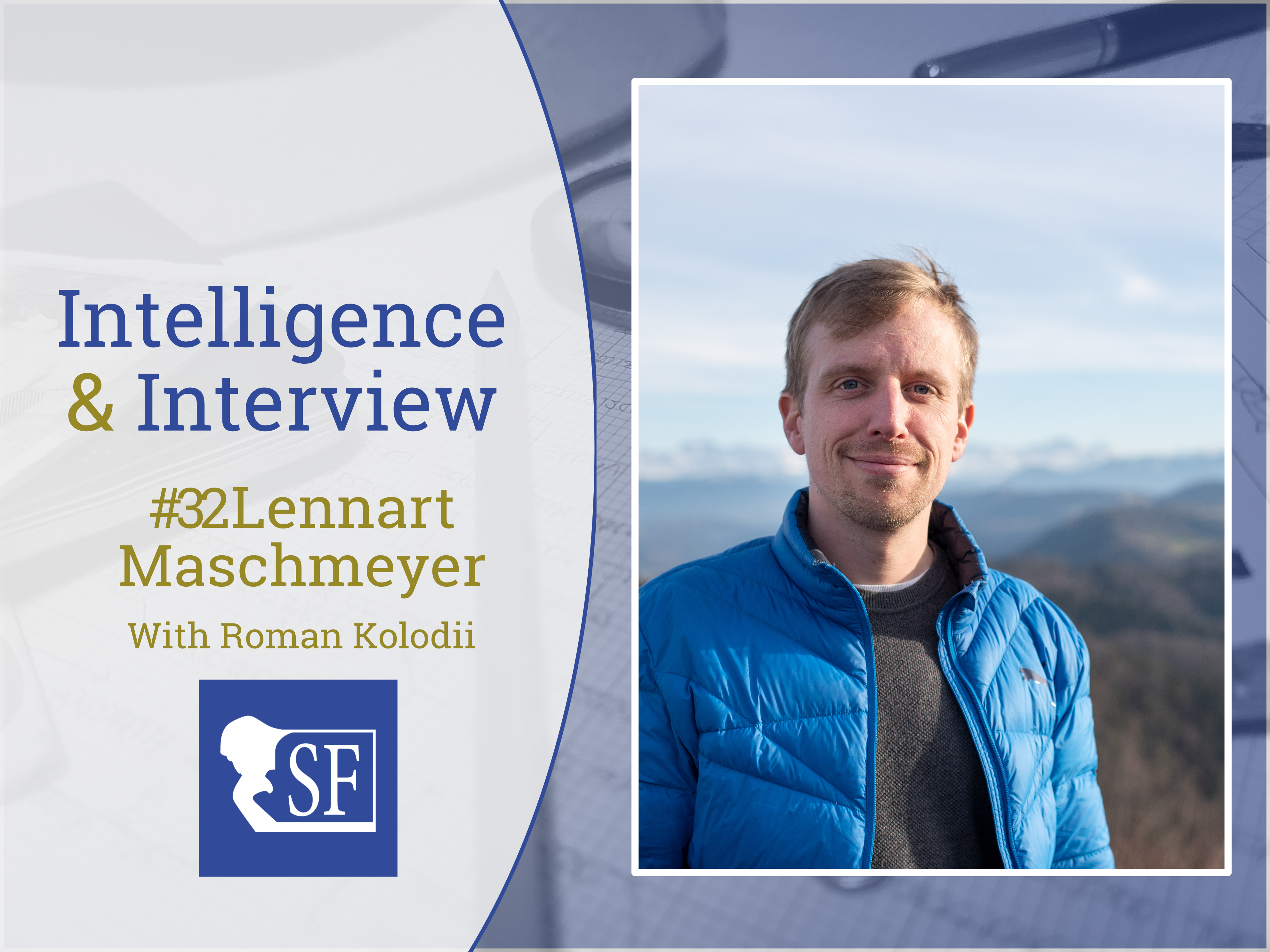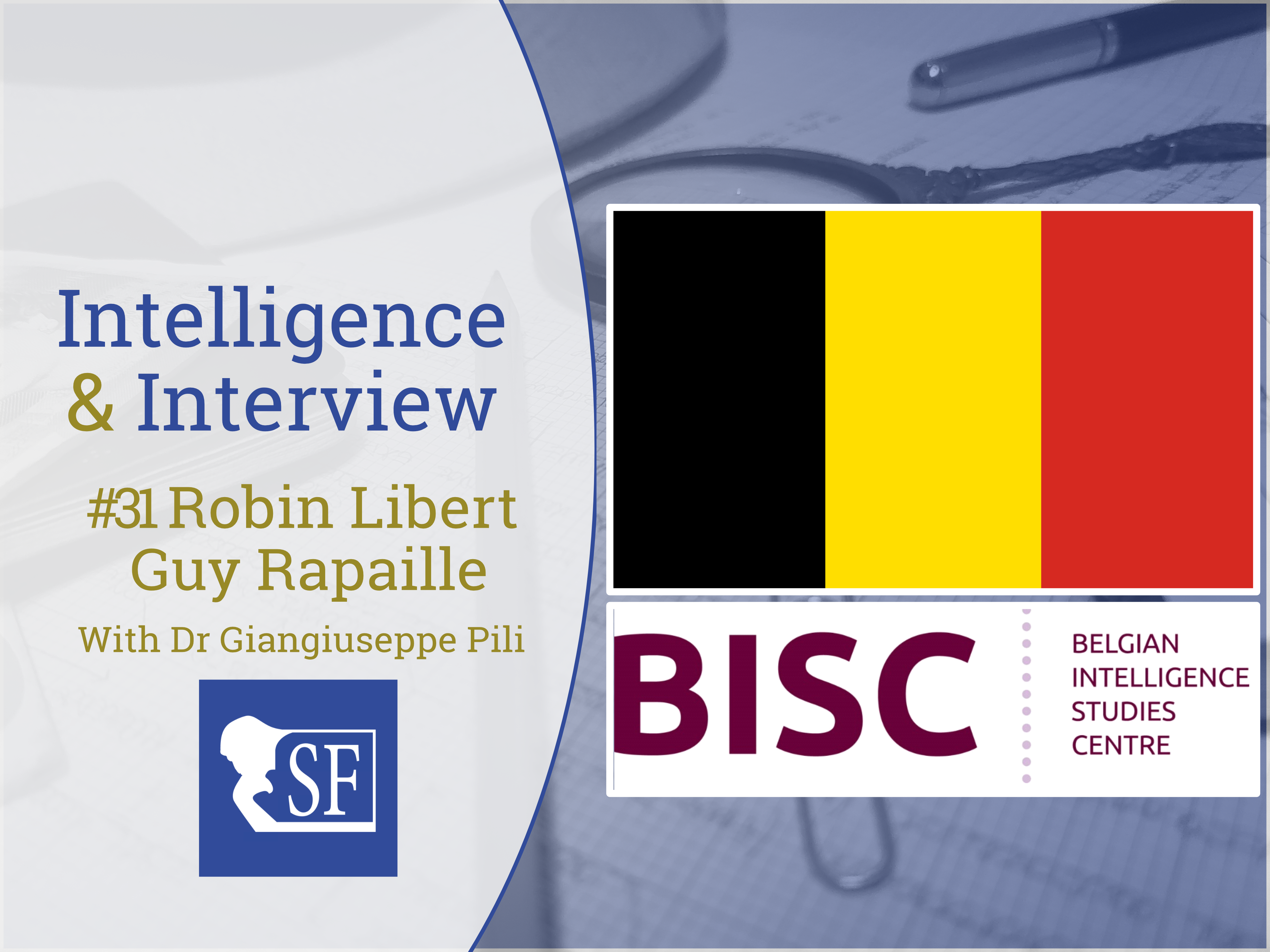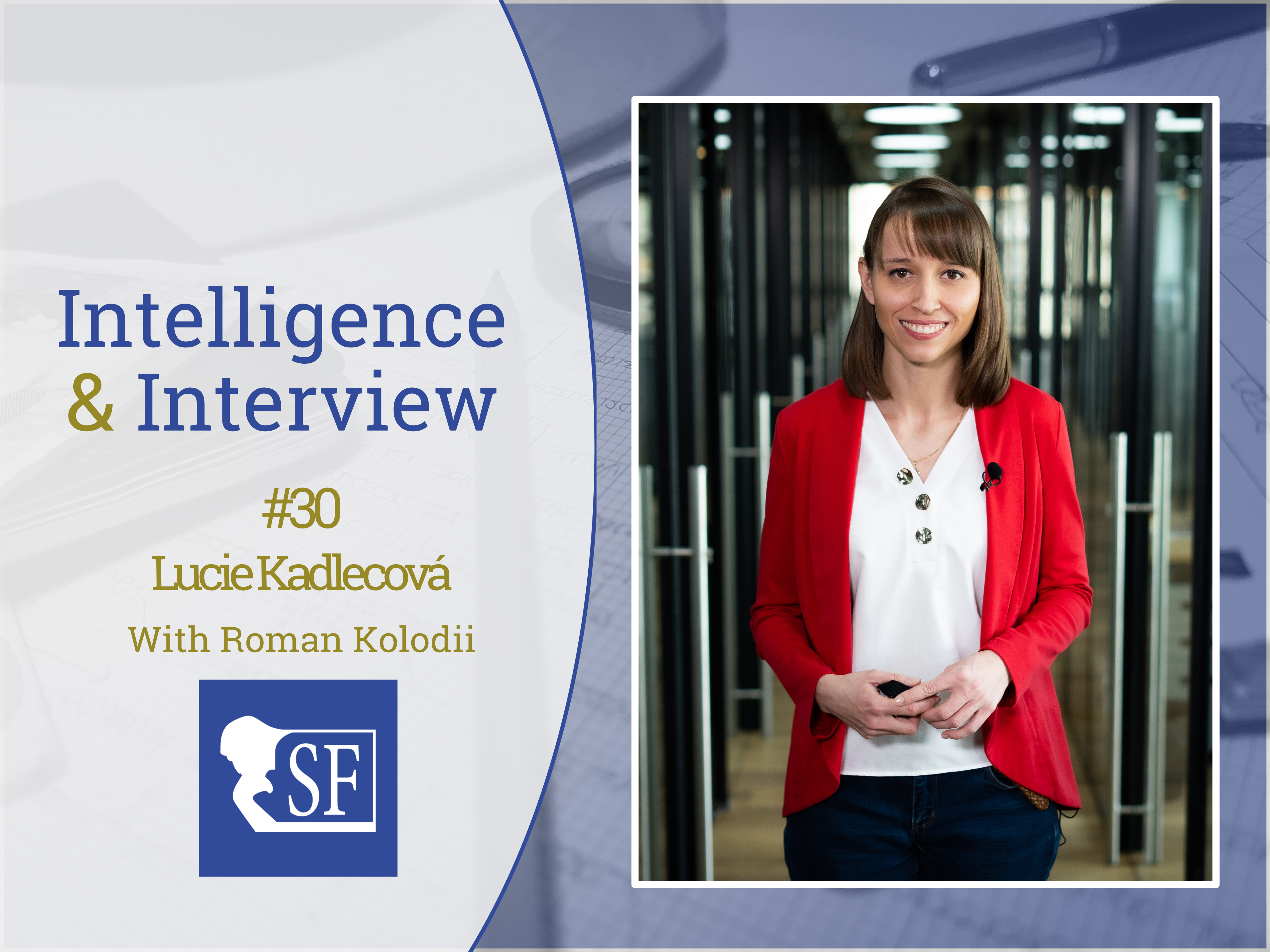
...all we need is philosophy


Discover Intelligence & Interview and Subscribe to the Newsletter!
With current expansion of digital practices to mitigate the effects of Covid-19, well-calibrated cybersecurity strategies have become even more relevant than ever. Such instances as recent attempts to steal data on Covid vaccines through cyber-intrusions, for instance, demonstrate how dangerous and malicious cyber-threats can be during healthcare emergencies, especially if orchestrated by foreign governments. Indeed, in recent years, many experts began to view cyberspace not so much as no-man’s land but rather a battlefield where individual states can engage in confrontation for the sake of asymmetrical gains. Such scholarship, however, often focuses on government-centric perceptions of cyberspace-related events and presumes disruptive potential of cyber-technologies in situations where, in fact, it is not that pronounced. These habits of thought often preclude a more accurate and better informed appreciation of the role of cyber-threats, especially in terms of their effectiveness, as well as their mitigation through non-government efforts. For this interview, we have invited Dr Lennart Maschmeyer, an expert in cybersecurity, whose work examines existing blind spots and biases regarding cyber-operations and promotes more inclusive cyber-threat reporting among non-state actors. He is a senior researcher at the Center for Security Studies (ETH Zurich), a university-affiliated think tank in Switzerland offering security policy expertise in research, teaching, and consulting activities. Apart from his academic research, Lennart has been also involved in coordination of better cyber-threat reporting between commercial cyber-threat intelligence firms and civil society actors. In our interview, we discuss the character of modern cybersecurity threats, the role of digital technologies, including social media, in Russian influence operations, the importance of cyber-threat reporting, and dominant trends that would shape the nearest future of cybersecurity and strategy worldwide. On behalf of the Scuola Filosofica Team, our readers, and myself, Roman Kolodii, Lennart: thank you!
#1 Lennart, how would you like to present yourself to the international readers of Scuola Filosofica?
I am a senior researcher at the Center for Security Studies at ETH Zurich where I examine the opportunities information technology provides for actors to project power in world politics. Specifically, I focus on how technological change has altered the quality of covert operations as an instrument in strategy. Cyber operations are often perceived as a novel instrument, yet my research shows close similarities to subversive intelligence operations both concerning strategic role and operational constraints. What is probably new about cyber conflict is the outsize role played by non-state actors, especially commercial cyber threat intelligence firms whose reporting often constitutes the main, sometimes the only source of data on ‘cyber attacks’. Because these firms are profit-driven, so is their reporting—and this produces selection bias in what is, and what is not reported. This bias distorts how policy makers, academics and the public perceive cyber conflict, and my secondary topic of interests is studying these biases.
Un retaggio degli sciagurati studi tecnici della mia formazione scolastica è certamente la statistica.
In realtà, il tentativo di avvicinarmi al vero, attraverso numeri e percentuali, non può essere considerato del tutto in discordanza con un’attività riflessiva estremamente fervida. Anzi, proprio la vivacità della mente è la naturale conseguenza di tutta la formazione umanistica e filantropica che è successa a quella scolastica.
Esiste un campo nel quale la matematica, la scienza dei numeri, si prefigge dall’inizio alla fine l’obiettivo di risalire la verità. Qua non c’è sorte che interferisce nella ricerca e nel risultato, il calcolo domina su ogni altra componente. Se poi alla scienza si affianca la fantasia, allora si ha a che fare con una materia eccelsa, difficilmente declassificabile. Parlo degli scacchi, attività che non poteva non entrare nella mia vita.
– Un’equazione non significa niente per me a meno che non esprima un pensiero di Dio –
Srinivasa Ramanujan
Secondo Emmanuel Levinas, la casa è la condizione di base tramite cui qualsiasi uomo può attivarsi. Così si conoscerà a livello intellettuale, ci si manterrà in vita, si prenderanno le decisioni pratiche ecc… Tutti gli uomini esistono nel loro mondo dal momento che si trovano in quello. Ma va precisata la fenomenologia del caso[1]. L’uomo si situa nel suo ambiente di vita nella misura in cui ha qualcosa. Martin Heidegger sostiene che ognuno di noi è essenzialmente “gettato”, al momento di nascere. Tale trovarsi per Emmanuel Levinas esprime pure (nel contempo) l’uomo ad una “proprietà”… in se stesso. Dunque subentra la percezione d’un dimorare? Più precisamente, ogni persona è tale siccome si fa “gettare” nel proprio mondo… “partendo da se stessa”. In altre parole, alla nascita noi già stiamo “avendo”. E’ un’occasione ove s’esprime la “proprietà… di sé”, grazie al possesso dell’intimità. Allora Emmanuel Levinas apre al simbolismo. Se l’uomo è tale nella misura in cui “parte”… da se stesso, ne deriva che egli va “dimorando”. Si respinge il soggettivismo dell’idealismo. Anzi, la coscienza di qualcuno si dà solo nella misura in cui essa può “dimorare”… sul proprio mondo di vita.

Discover Intelligence & Interview and Subscribe to the Newsletter!
Intelligence & Interview has one mission but several goals. One of them is to expand the culture of different national intelligence experiences within the Intelligence Studies framework, which is the international scientific standard and community. Coupled with it, the translation in Italian will reinforce the international ties for the Italian readership. We are doing our best to include as many different nationalities and perspectives as possible. First, the (international) Intelligence Studies are still focused more on the Anglosphere intelligence experience than anything else. But only in Europe, we have so many different approaches to intelligence (in practice) and to intelligence studies (in theory) that we cannot and should not be satisfied with the status quo. As I consider myself much more oriented in international intelligence studies than on the national research (though along with my colleague – Fabrizio Minniti – we already published a paper on Italian intelligence), I strongly believe and advocate for a more integrated and broad discussion on intelligence. Then, for this reason, we already explored several intelligence perspectives (in order of publication: Zimbabwe & Africa, Italy, France, Greece, the Netherlands). However, we hosted scholars from many other countries to bring their knowledge and experience (USA, Canada, UK…). With this aim in mind, it is my pleasure to publish this Interview with two outstanding experts, very experienced professionals, Robin Libert and Guy Rapaille. This is the first “double” Intelligence & Interview, which makes me particularly happy with it. I want to thank Mr. Davide Madeddu for his early translation from French. I want also to thank Giacomo Carrus for his work on the English version of this interview. Without further ados, it is then with my distinct pleasure to publish the Interview on Scuola Filosofica – for those who don’t know it yet; it is one of the leading cultural blogs in Italy. In the name of Scuola Filosofica Team, our readers, and myself, Giangiuseppe Pili, Robin and Guy: thank you!
#1 Mr Robin Libert and Mr Guy Rapaille, let’s start from the basics. How would you like to present yourself to the International readers and Philosophical School (Scuola Filosofica)?
@Robin LIBERT: [RL]
@Guy Rapaille: [GR]
– Honorary Attorney General at the Liege Court of Appeal.
– Honorary President of the Permanent Control Committee of the Intelligence Services (“Permanent Committee R”).
– Member of the board of the BISC (Honorary President).
– Former scientific collaborator at the University of Liège.
– Chairman of the board of directors of the information and notification center on harmful sectarian organizations.

Discover Intelligence & Interview and Subscribe to the Newsletter!
In the modern digital era, the importance of cybersecurity cannot be stressed enough. As recent developments have shown, the security of personal data and trade secrets, the protection of critical information infrastructure, even the integrity of democratic processes as such all depend on the smooth functioning of cybersecurity mechanisms. This especially holds true in the current Covid-19 reality, where increased digital consumption and massive readjustments of ways of life and work through cyber-technologies all multiply the possibilities for major digital assets to be compromised. In popular imagination, however, cybersecurity is still closely connected to the technicalities of the field, the so-called hard cybersecurity, while the soft – i.e. legal, political, socioeconomic, cultural, and ethical – dimensions of it remain yet understudied. To narrow this gap, we have invited to our interview series Lucie Kadlecová, an expert in cybersecurity policy and governance. She is a PhD candidate at Institute of International Studies, Charles University (Czechia) and a senior associate in strategy and threat intelligence for Estonian cybersecurity company CybExer Technologies. Both Czechia and Estonia are well-known hubs of cyber-technological expertise, so Lucie Kadlecová’s experience in academia and industry in both countries can help highlight the key trends in this field from the insider’s perspective. In our interview, we discuss cyber security strategy of the EU, the role of non-state actors and public-private partnerships in cybersecurity governance, the importance of cyber hygiene and gender equality in the field, as well as the prospects for enhanced cooperation between industry and academia in tackling cybersecurity challenges worldwide. On behalf of the Scuola Filosofica Team, our readers, and myself, Roman Kolodii, Lucie: thank you!
#1 Lucie Kadlecová,[1] how would you like to present yourself to the international readers of Scuola Filosofica?
I suppose I could be described as either a professional with an academic background or as an academic with professional experience, depending on the reader’s point of view. By nature, I am more of a professional who likes hands-on experience. That’s why I am deeply grateful for my previous experience working as a trainee for international organizations such as NATO, and helping to build the then-quickly growing Czech National Cyber Security Centre years ago. At the same time, however, I could see a gap between practice and academia in the “soft topics” of cyber security such as international relations and international law in the Czech Republic as well as around Europe. This feeling encouraged me to pursue my PhD, and to start teaching and publishing about these topics in order to contribute to closing this gap. At the same time, academic experience from King’s College London, Charles University in Prague, and Massachusetts Institute of Technology, as well as other interactions in the academic world shaped my way of thinking about cyber security and its “soft” aspects.